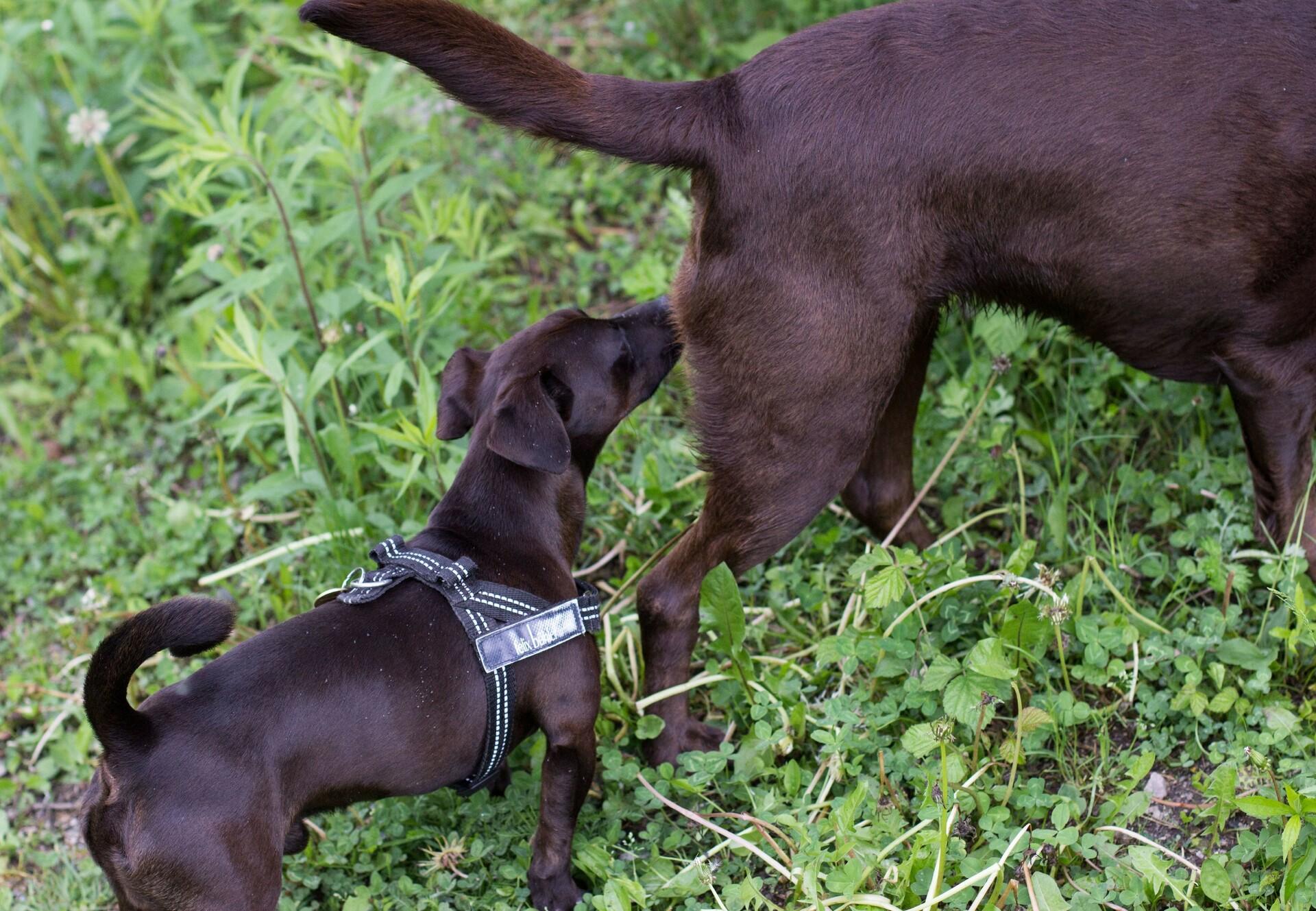
Giardia – invisible guests
Guide for pet owners: the dangers for animals and humans
Giardia are microscopic intestinal parasites. They are widespread, persistent, and lead to severe digestive problems in dogs and cats. Pets can easily become infected when simply roaming in the garden or playing with fellow animals. Giardia are also contagious for humans, and their threat should not be underestimated.
How to recognise giardia?
Puppies (both dogs and cats) in particular, often suffer from giardia. The parasite causes recurrent diarrhoea, with light, slightly slimy, unpleasant-smelling excrement. Further symptoms can include vomiting, abdominal cramps, flatulence and fatigue. Puppies are in danger of dehydration due to the high fluid loss. If giardia is suspected, the animal must be taken to the vet. To be able to make a diagnosis, the vet needs faecal samples from three days.
How contagious are giardias?
Adult animals with an intact immune system often host giardia without noticeable symptoms of the disease and can thus infect their environment unnoticed. The dangerous parasites are particularly concentrated in small free-running areas for dogs.
Infection for humans is a problem especially for small children and those with weakened immune systems. For adults with good hygiene, the risk of transmission is very low.
Treatment
- Remove the excrement of the dog or cat immediately during and after the treatment period, so that your pet (and other animals) cannot come in to contact with it.
- Carpets and fabric furniture, baskets, blankets and toys should be thoroughly cleaned with a steam cleaner (5 minutes at 70°C or 1 minute at 100°C) or washing at high temperatures.
- Clean food and drink bowls with boiling water.
- Don't forget to clean the car if you transport your pet regularly.
- Washing the rear of a dog and cat: there may still be cysts of giardia hidden in the animal's fur. For dogs with a long coat, it may be helpful to cut the hair around their bottom short to improve hygiene.
- For your own protection always wash your hands thoroughly after you have had contact with a dog and cat.
- All animals in the household must be treated at the same time, even if some show no symptoms.
Prevention and testing
Consistent hygiene measures are advisable: You should wash dogs and cats toys as well as all food and water bowls regularly and dry them well and thoroughly. Kennels should also be kept as dry as possible. For dogs special care must be taken to ensure that the animal does not eat excrement on walks. In addition, it is advisable for all dog and cat owners to take regular giardia tests for their pets.
